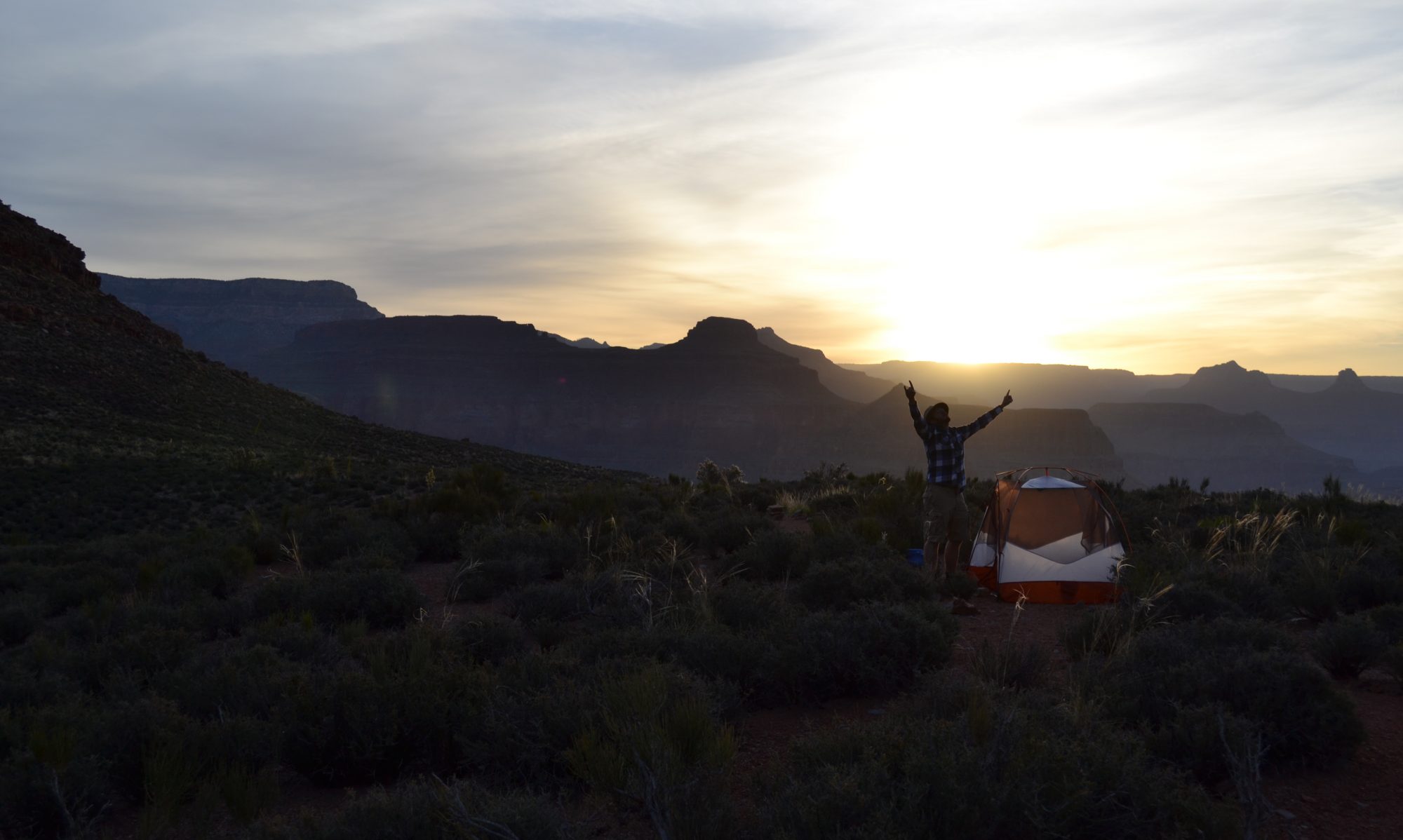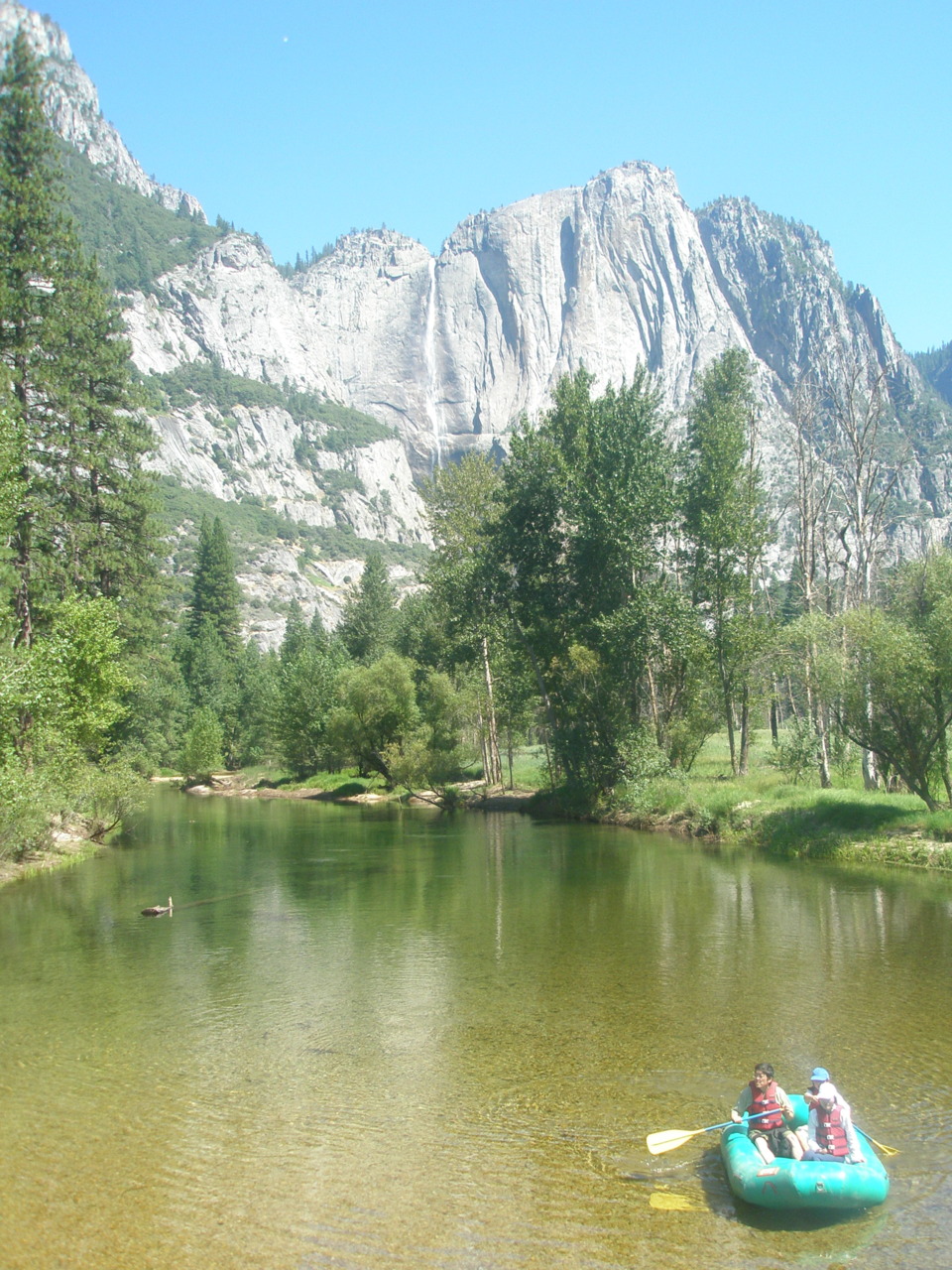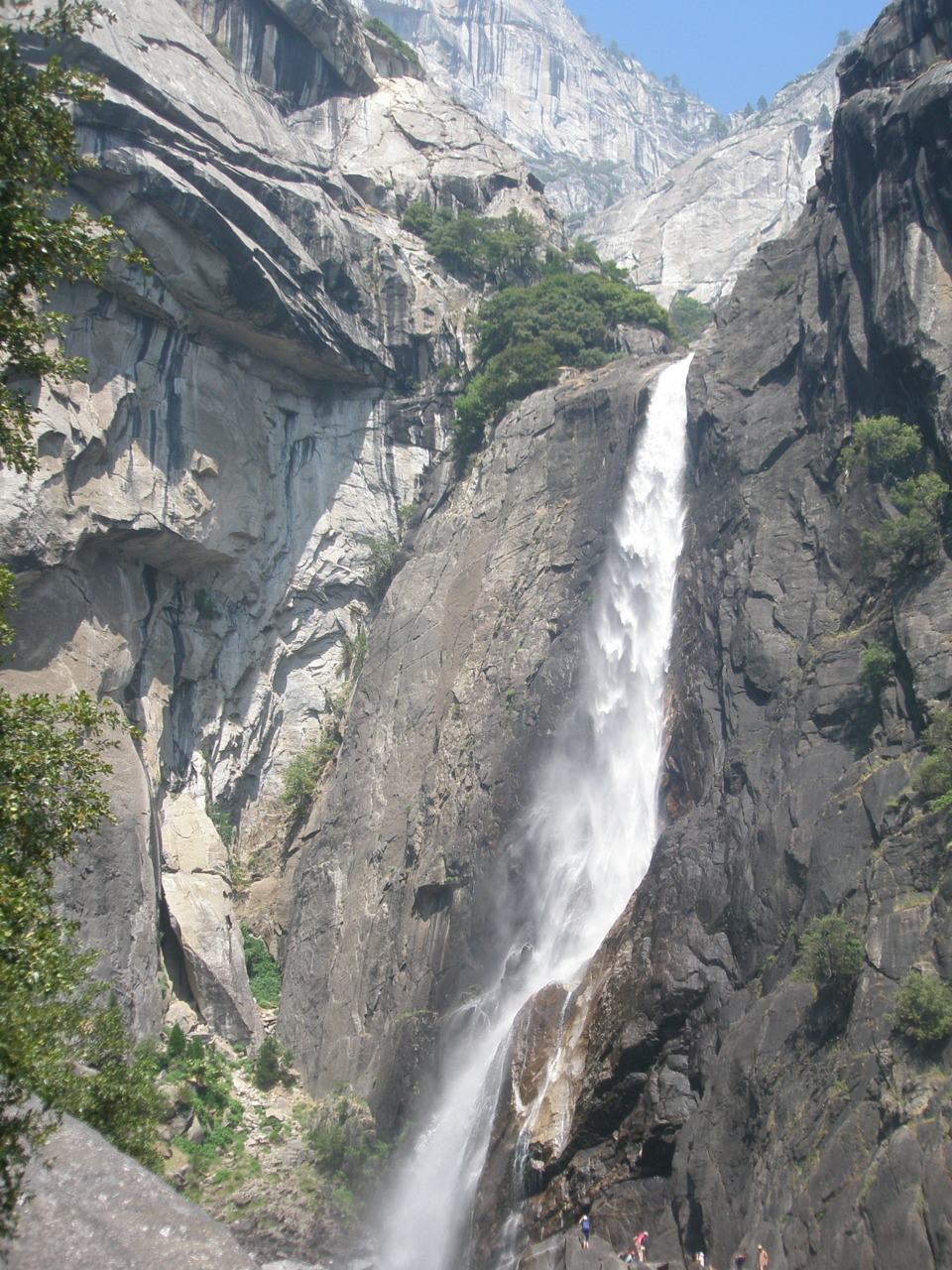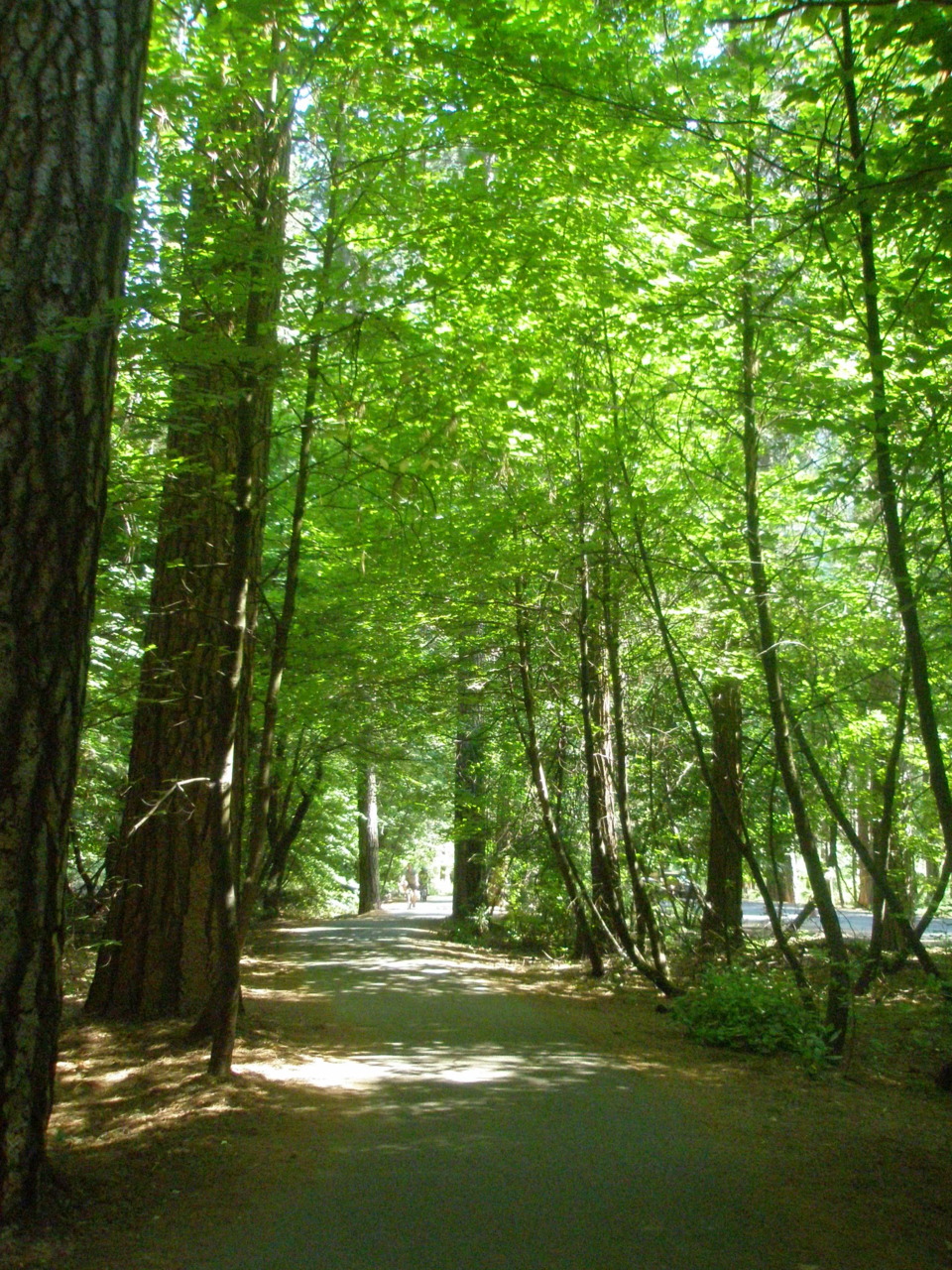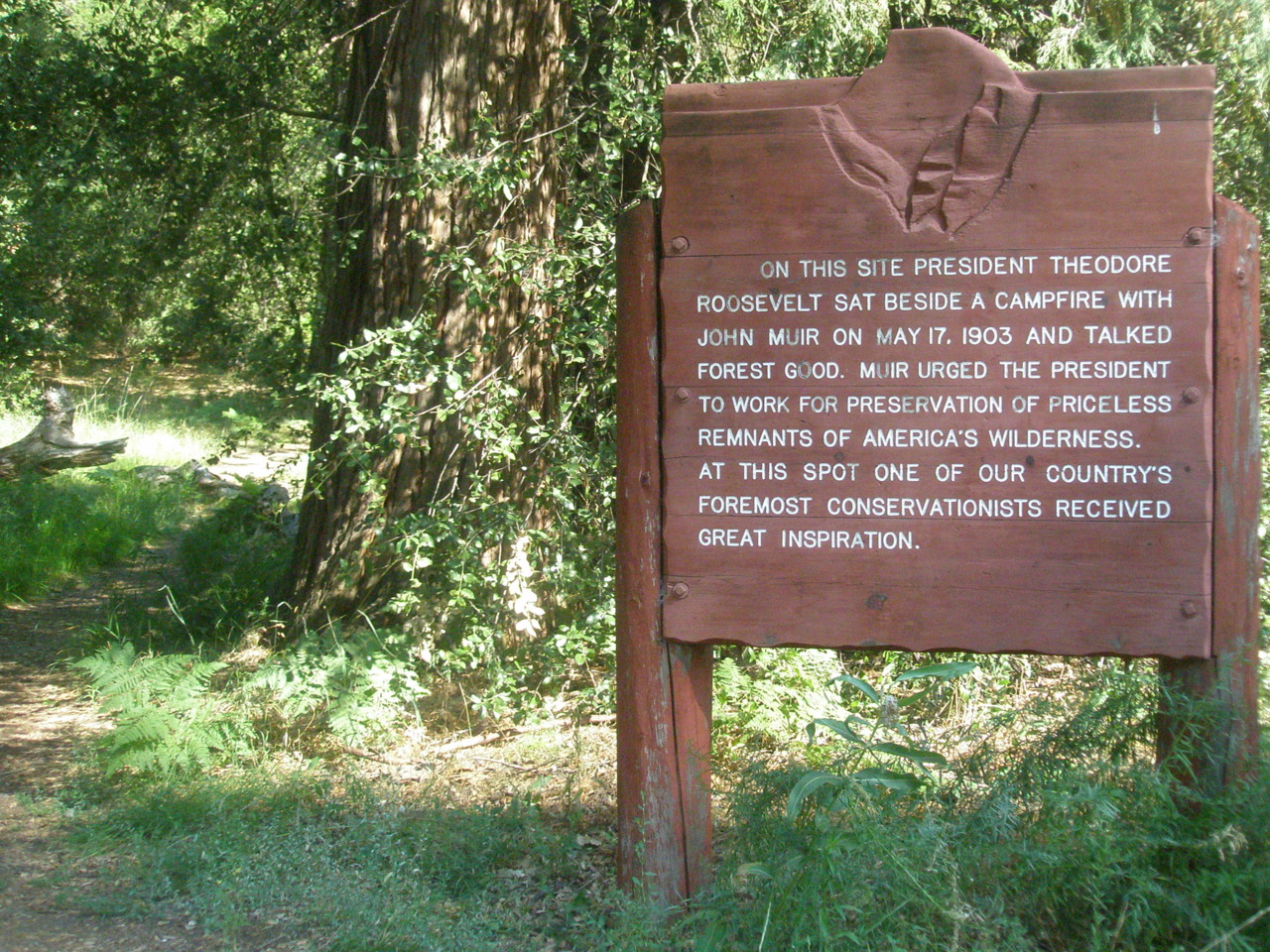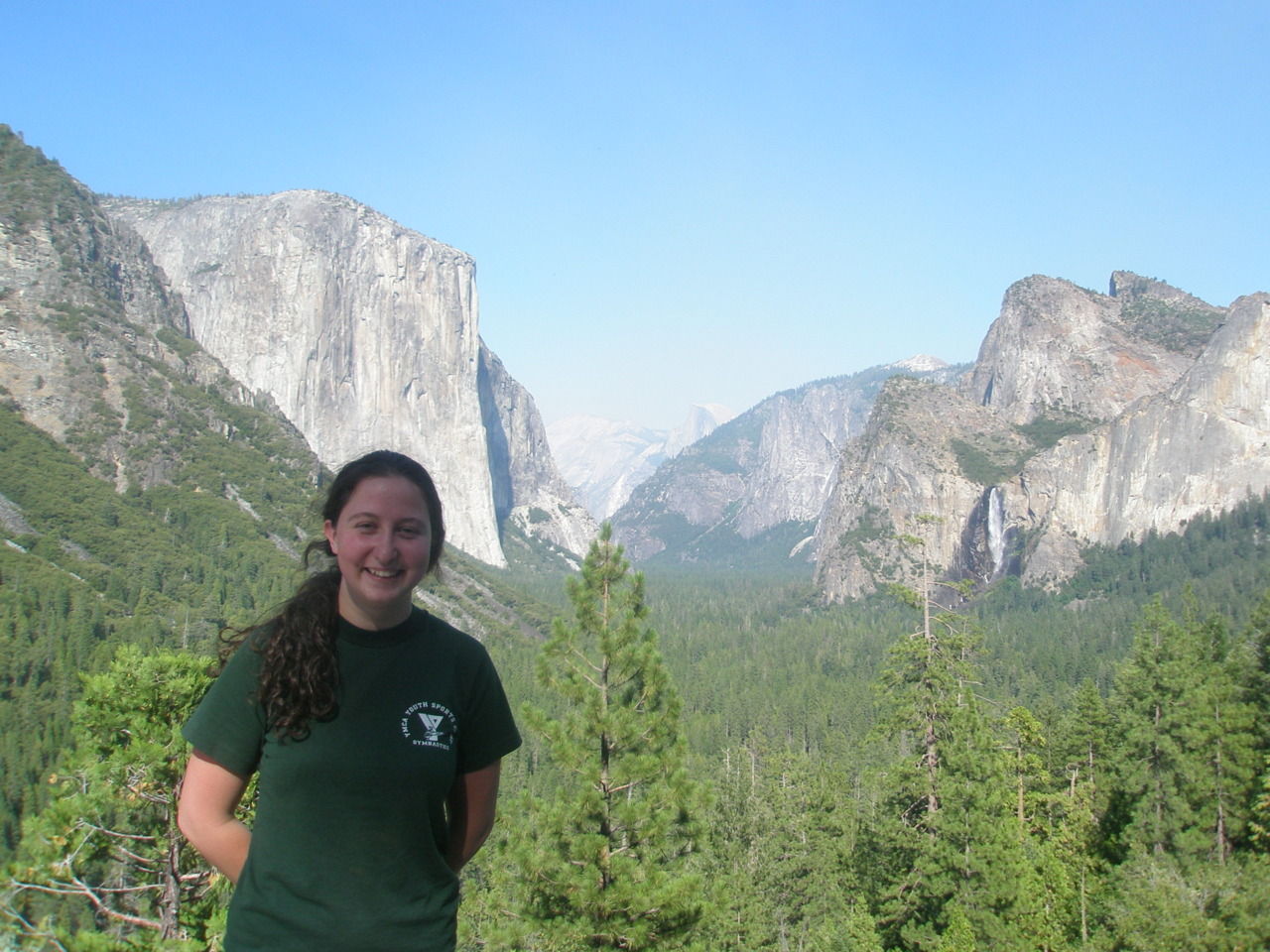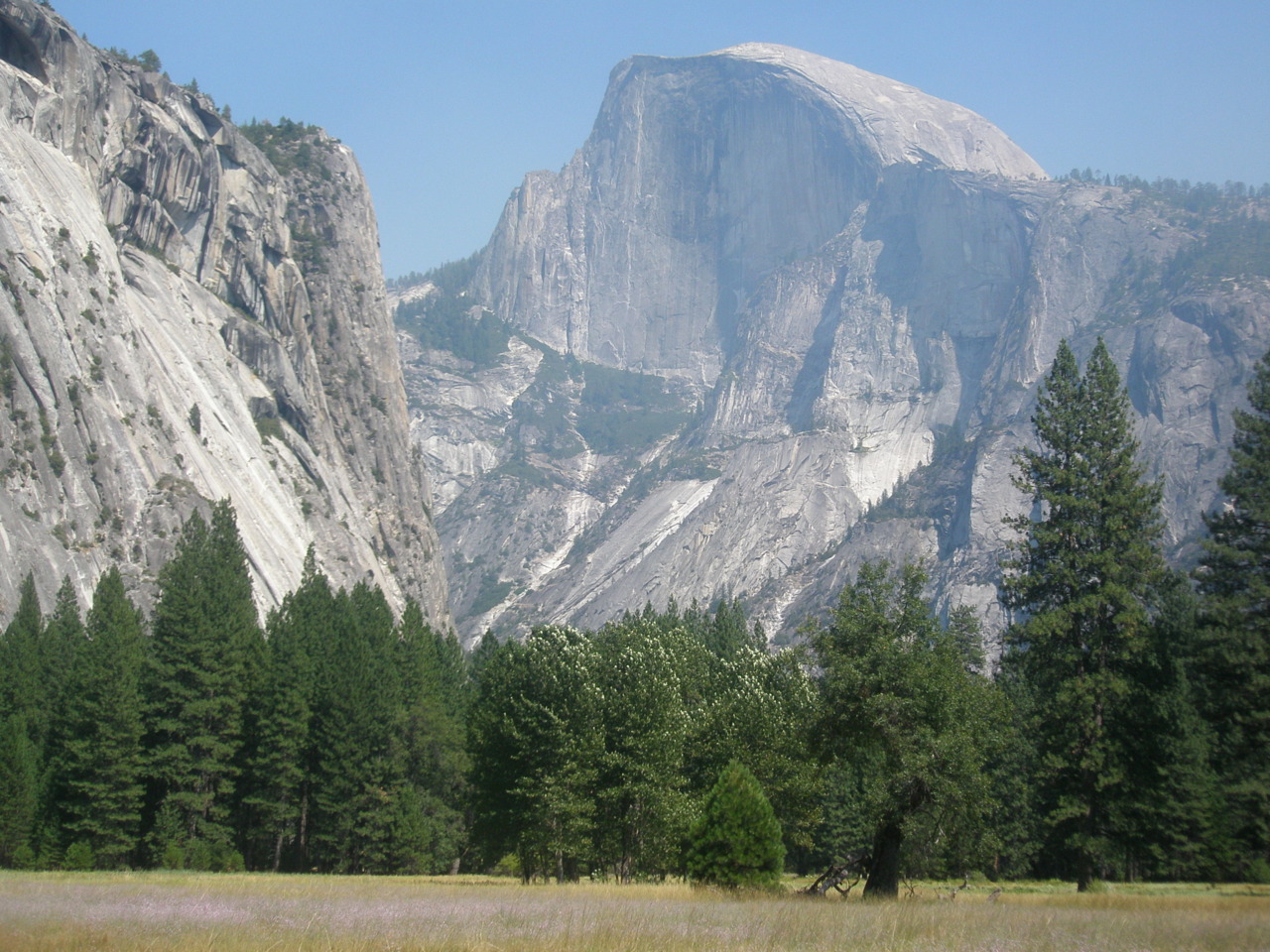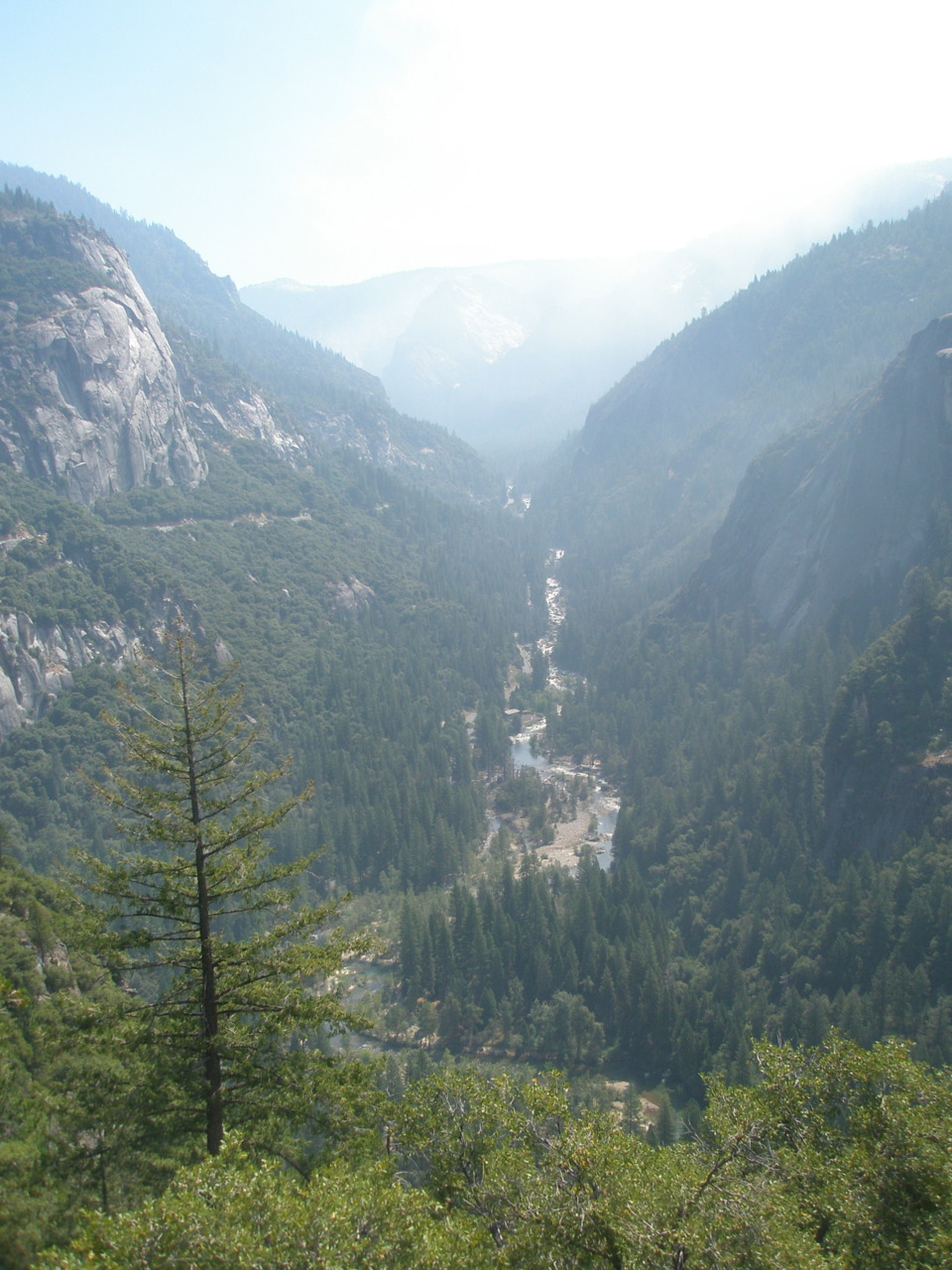In speaking to you , men of the greatest city of the West, men of the State which gave to the country Lincoln and Grant, men who pre-eminently and distinctly embody all that is most American in the American character, I wish to preach, not the doctrine of ignoble ease, but the doctrine of the strenuous life, the life of toil and effort, or labor and strife; to preach the highest form of success which comes, not to the man who desires mere easy peace, but to the man who does not shrink from danger, from hardship, or from bitter toil, and who out of these wins the splendid ultimate triumph.
It is not hyperbole to say that Roosevelt’s jaw dropped in disbelief
The president’s arrival at the Grand Canyon on the morning of May 6 would, in retrospect, become one of the greatest days in environmental history… It is not hyperbole to say that Roosevelt’s jaw dropped in disbelief…Insisting on seeing the sun set from the Grand Canyon’s north rim, the warm sky ablaze with ragged bands of orange, pink, and purple, Roosevelt leaned over the ledge to soak in the drama.
Roosevelt called the Grand Canyon “the most wonderful scenery in the world.” He also declared that “to all else that is strange and beautiful in nature the Canyon stands as Karnak and Baalbec, seen by moonlight, stand to all other ruined temples and palaces of the bygone ages.”
Douglas Brinnkley, “The Wilderness Warrior”
Yosemite
Pettiness and Crudeness of Campaign Cycles
If Roosevelt had an overriding conceit in early 1899, it was that he thought in terms of geological time and in biological imperatives, whereas lesser politicians in Albany were part of the pettiness and crudeness of campaign cycles
Sharp Outlines Softened in the Twilight
Nothing could be more lonely and nothing more beautiful than the view at nightfall across the prairies to these huge hill masses, when the lengthening shadows had at last merged into one and the faint glow of the red sun filled the west. The rolling prairie, sweeping in endless waves to the feet of the great hills, grew purple as the evening darkened, and the buttes loomed into vague, mysterious beauty as their sharp outlines softened in the twilight.
Hunting and Deforestation
On a day off in Olympia, Paul, Chris, and I went shopping at Cabella’s an outdoor outfitters like REI, but with a more hunting/fishing slant. I guess the stores are famous for their taxidermy, making them almost like a museum with little plaques of the common and scientific name in front of each dramatically posed animal amidst some showy display. It was kind of heard to stomach. I tried to analyze why I was so shocked and slightly revolted – after all if this had been a purely scientific museum like the Smithsonian I would have gazed in awe…I think. I don’t want to hate hunting purely because I feel like that’s what I have been trained to do. I shot a gun for the first time this year at Bob’s gun and tackle in downtown Norfolk. I kind of wanted to do it, just to do it – to say that I had shot a gun, to understand the experience. Like those arcade games and that old duck hunting video game, I liked the skill of aiming and the thrill of it going off in your hand. But I didn’t like the power. Guns weren’t created to shoot at a piece of paper, they were for hunting – both of people and animals. I didn’t like bearing the responsibility of another life in my hands. I realize most people would not view an animal life in concert with a human’s, and while I certainly don’t value them as equals, it is still a life. I immediately jump to the bear’s family or all the obstacles it must have overcome to live to adulthood only to be randomly struck down. Don’t get me wrong, PETA bothers me to no end and I’m not about to head some campaign against hunting and guns – I’m actually completely torn over what I believe on this issue. I mean just because I personally don’t like it, doesn’t mean others who actually enjoy it can’t do it ethically and responsibly.
Reading about Roosevelt in “The Wilderness Warrior” had me at first wanting to try hunting, simply to understand why Roosevelt was so attracted to the sport and why his sportsmanship pleas coincided at all with nature preservation. But after seeing antlers in various ranger stations and the skins in Cabellas I realized I was out of my mind and would never be able to do it. In truth, it has been hard for me to connect at all with Roosevelt. The core of what he did as president fascinates me: from rallying against corruption to saving wilderness, but his personal character of memorizing lists of every species (especially birds and their latin name) or voraciously planning his next hunts is not something I could ever relate to. I have always been fascinated with the way people think: not necessarily the specific actions that made them famous but what aspect of their character allowed them to make such decisions. In “Team of Rivals” I meticulously followed Lincoln, hooking onto his patience, perseverance, and clear mindedness. I’m not at all trying to state that I somehow resemble these people, but that I could understand them, that I could relate to their decision making processes enough to try and emulate their best qualities. And so far, though this is an incredibly good book, Roosevelt and I just aren’t clicking.
Deforestation/logging is slightly similar. Simply put, we need trees: for books, houses, and other stuff that requires wood. I understand this. I can’t completely deplore a practice if I still enjoy the benefits it reaps. I have never seen as many trees as I have in this forest, which makes the places of their removal that much more noticeable and disconcerting. I have to hope that most of these endeavors are done sustainably. Along the side of the road there are PR signs about how the forest was harvested and re-planted in 1985 and set to be harvested again in 2025. And while certainly not the most ecological practice, that seems pretty fair: plant a tree for every one you cut down, move in sections throughout the forest so that only pieces are broken and not the whole thing at once. In general, I do tend to be on Gifford Pinchot’s side instead of Muir: the forests should be put to use; sustainably, of course, but leave it to parks or other designated areas to be free from all human disturbance. But that is all politics within the park system. Outside, on private property, everything is up for grabs. We couldn’t survey one reach because an explosive welding company was working in a pit nearby. Logging occurs right up to the national forest property line. When Chris and I went looking for a stream on private property, we ended up on the front lawn of a logging company, my mouth agape to the sheer massiveness of an entire chunk of woods just destroyed as we looked out over the valley. And they were just getting started. Most of the roads we drove on looked brand new, nestled on the edge of steep cliffs that no longer had vegetation to hold them together. A new road was literally being bulldozed up against the stream we had wanted to survey with unfiltered culverts shooting fine sediment directly into the water. This is the most devastated area we ever drove past, but I can’t imagine it is the only one. Even Chris was sketched out (though more for being on private property) and we quickly high-tailed it out.
